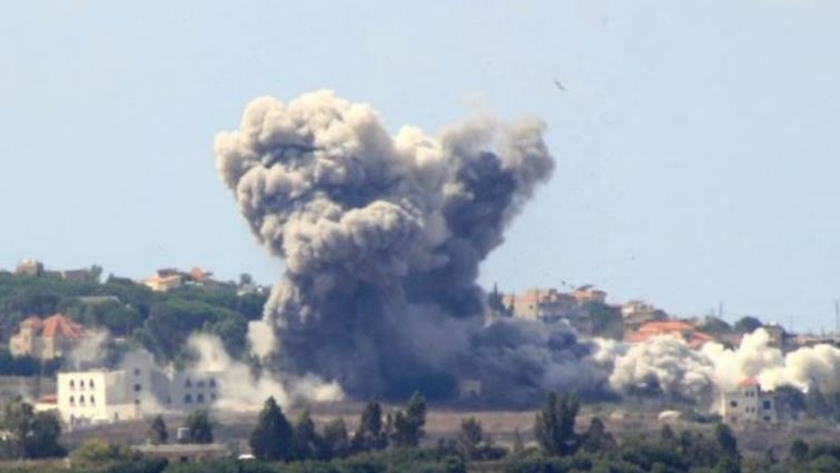Tragic Beirut Collapse: Israeli Strikes on Southern Lebanon Escalate Conflict
In a devastating escalation of the ongoing conflict between Israel and Lebanon, a building in the Ghobeiri district of Beirut tragically collapsed this afternoon, trapping dozens under the rubble. The collapse occurred around 16:30 local time on Tuesday, 24 September 2024, following an Israeli attack in the area. While the initial death toll is unconfirmed, officials warn that the numbers are expected to rise as rescue operations continue.
This tragic incident follows a dire warning from the Lebanon Health Ministry, which announced earlier in the day that more than 558 people had already been killed, and 1,835 injured due to recent Israeli attacks on southern Lebanon. The sustained strikes have severely affected regions such as Tyre, Sidon, and surrounding areas, escalating tensions and humanitarian concerns in the region.
The Ghobeiri district, a densely populated area of Beirut, experienced significant shockwaves from the Israeli bombardments. The Health Ministry has been grappling with an overwhelming number of casualties, urging international agencies for immediate assistance.
Historical Context and Background
Tensions between Israel and Lebanon are rooted deeply in a historical context that dates back decades, including several wars and military conflicts. The most recent hostilities were reignited by border skirmishes and political tensions exacerbated by Lebanese political factions and Israeli security concerns.
The 2006 Lebanon War, lasting 34 days, remains a stark reminder of the potential for catastrophic human tolls in such conflicts. That war resulted in approximately 1,200 Lebanese deaths, mostly civilians, and 165 Israeli deaths, primarily soldiers, causing massive infrastructural damage and displacing thousands.
In recent months, fragile ceasefires have been repeatedly broken, often leading to casualty spikes and destruction on both sides. The region south of the Litani River has been particularly vulnerable to Israeli airstrikes and artillery fire, aimed at Hezbollah positions. However, the indiscriminate nature of these attacks has often led to significant civilian casualties and infrastructure damage.
The Road Ahead
The international community continues to call for restraint and a return to diplomatic conversations to avoid further loss of life. Humanitarian organizations on the ground are working tirelessly to provide relief, but the magnitude of the destruction poses significant challenges.
As rescue teams battle to save those trapped under the rubble in Ghobeiri, the people of Lebanon brace for a continued struggle, not just against the immediate destruction of war but also against the long-term repercussions on their economy and society. World leaders and international bodies face mounting pressure to intervene and broker peace, with hopes for a sustainable and humane resolution becoming more desperate with each passing day.
For ongoing updates, the official statements from the Lebanon Health Ministry and other official sources will provide the most current information as this tragic situation unfolds.
